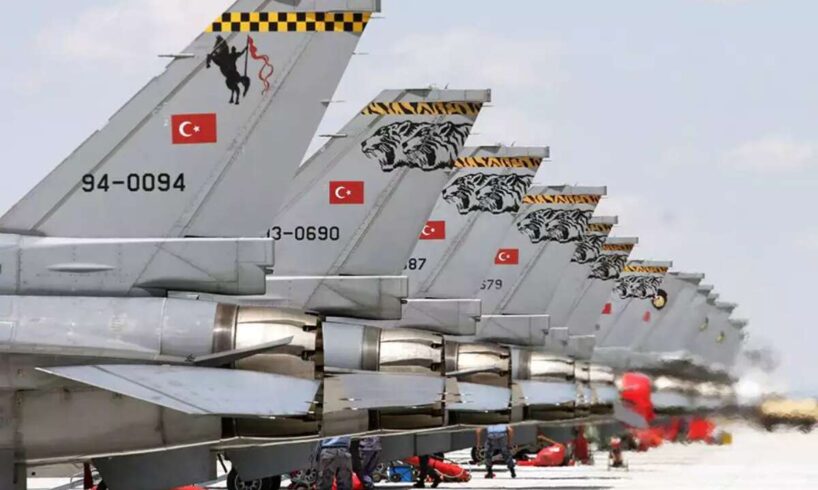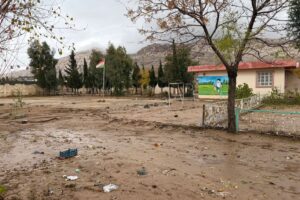
The latest United Nations reports reveal that the use of foreign weapons in Sudan’s civil war has made the conflict even more complicated. These reports highlight in particular the presence of Turkish-made Bayraktar TB2 and Akıncı drones, along with electronic warfare systems, in the hands of the Sudanese army, shifting the balance on the ground.
These findings raise questions not only about the trajectory of the war in Sudan but also about Turkey’s regional image and international responsibilities. Ankara is being criticized for providing advanced weapons to one side of the conflict, while at the same time presenting itself as a proponent of peace.
The Course of the War and the Role of Drones
Since late 2024, Sudan’s army has been using Bayraktar and Akıncı drones actively, significantly altering the course of the conflict. The Rapid Support Forces’ supply lines have been targeted, and heavy strikes have been carried out in urban centers. This has undermined peace talks and turned the war into a longer, bloodier struggle.
Supplying arms to parties involved in Sudan’s war is a highly sensitive issue under international law. The UN arms embargo on Darfur remains in force, and both EU and U.S. sanctions are also in place. In this context, arms transfers to Sudan’s army present a contradiction with Turkey’s international commitments. This situation places Ankara under serious scrutiny before the global community.
The Rise of Extremist Groups
It is well known that extremist Islamist elements within the Sudanese army have become increasingly visible. Groups linked to the Muslim Brotherhood and other radical movements are fighting alongside Burhan’s forces. In such an environment, the possibility of Turkish-made weapons ending up in the hands of these groups represents a security risk not only for Sudan but for the wider region.
Sudan holds one of the most strategic positions on the Red Sea. Plans to grant Russia a naval base in Port Sudan remain on the table. In this equation, Turkish weapons under the control of Sudan’s army pose a long-term threat to European security, energy supply lines, and global trade routes. It is worth recalling that in the 1990s, Sudan harbored al-Qaeda and became a hub for international security threats. If history repeats itself, this time the Red Sea could become the epicenter of new risks.
The Civilian Burden
As always, civilians are paying the highest price. According to UN data, more than 18 million people in Sudan face the risk of famine. The use of Bayraktar and Akıncı drones in city centers has caused significant civilian casualties in marketplaces and other crowded areas. Human rights organizations warn that the humanitarian crisis is deepening and that civilian protection has become nearly impossible.
Turkey’s official rhetoric is built on themes of peace and stability. President Erdoğan’s proposal to mediate in Sudan was framed in this context. Yet, the simultaneous provision of weapons to the army reveals a stark contradiction between words and deeds. This double standard risks eroding Ankara’s credibility on the international stage.
The European Union has called for an end to all external support that fuels the war in Sudan. This call is not only about Sudan itself but also about regional security. Sudan’s instability could affect a vast area stretching from the Horn of Africa to the Mediterranean. For this reason, Europe adopting more concrete diplomatic and legal measures is not merely desirable but essential for global security.
The war in Sudan has become more than just a regional tragedy; it is a challenge to international peace and security. The role of Turkish weapons in this picture forces a reevaluation of Ankara’s foreign policy. For Turkey’s image and its global responsibilities, it is imperative to turn the language of peace into concrete action and to refrain from steps that further inflame the conflict.





